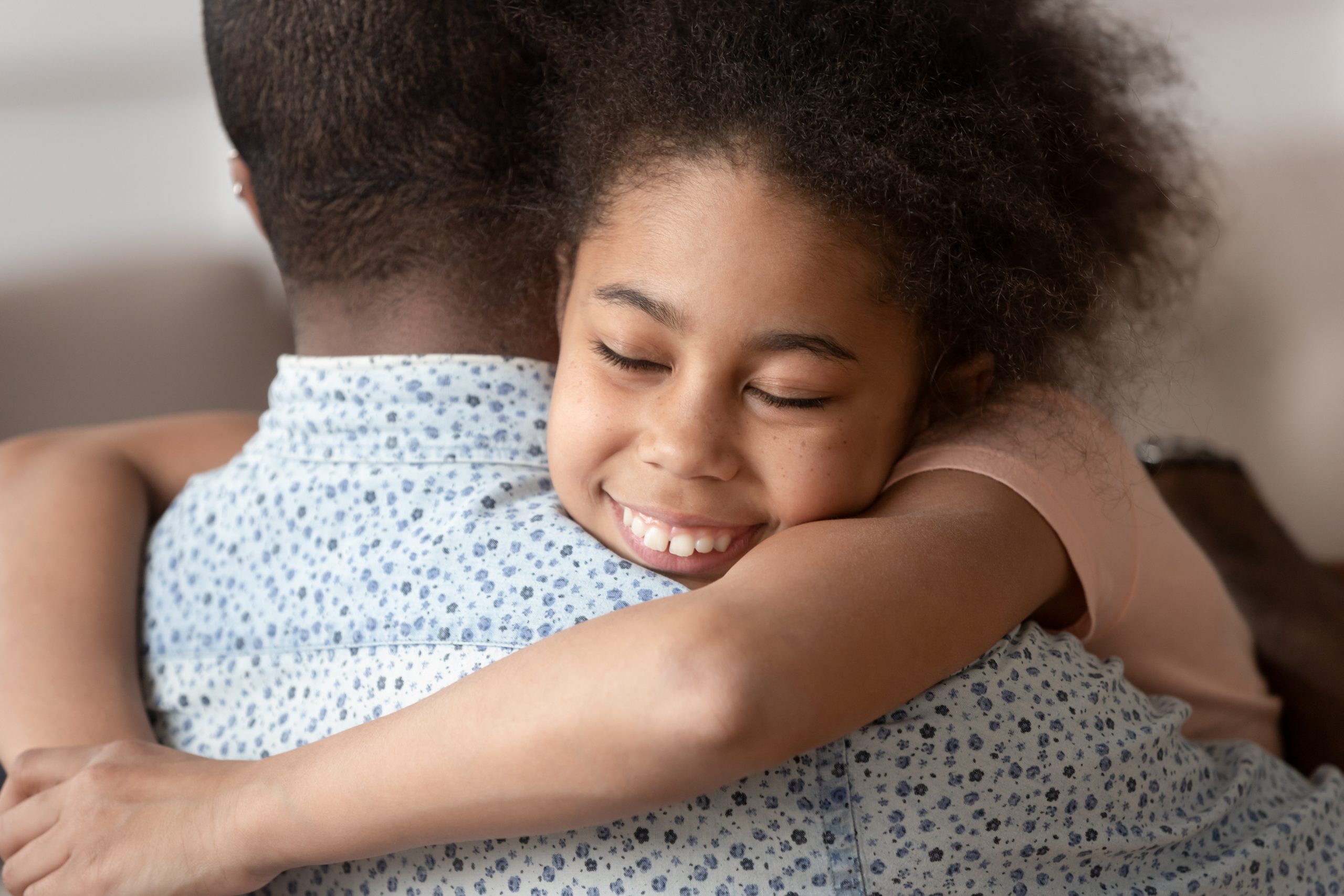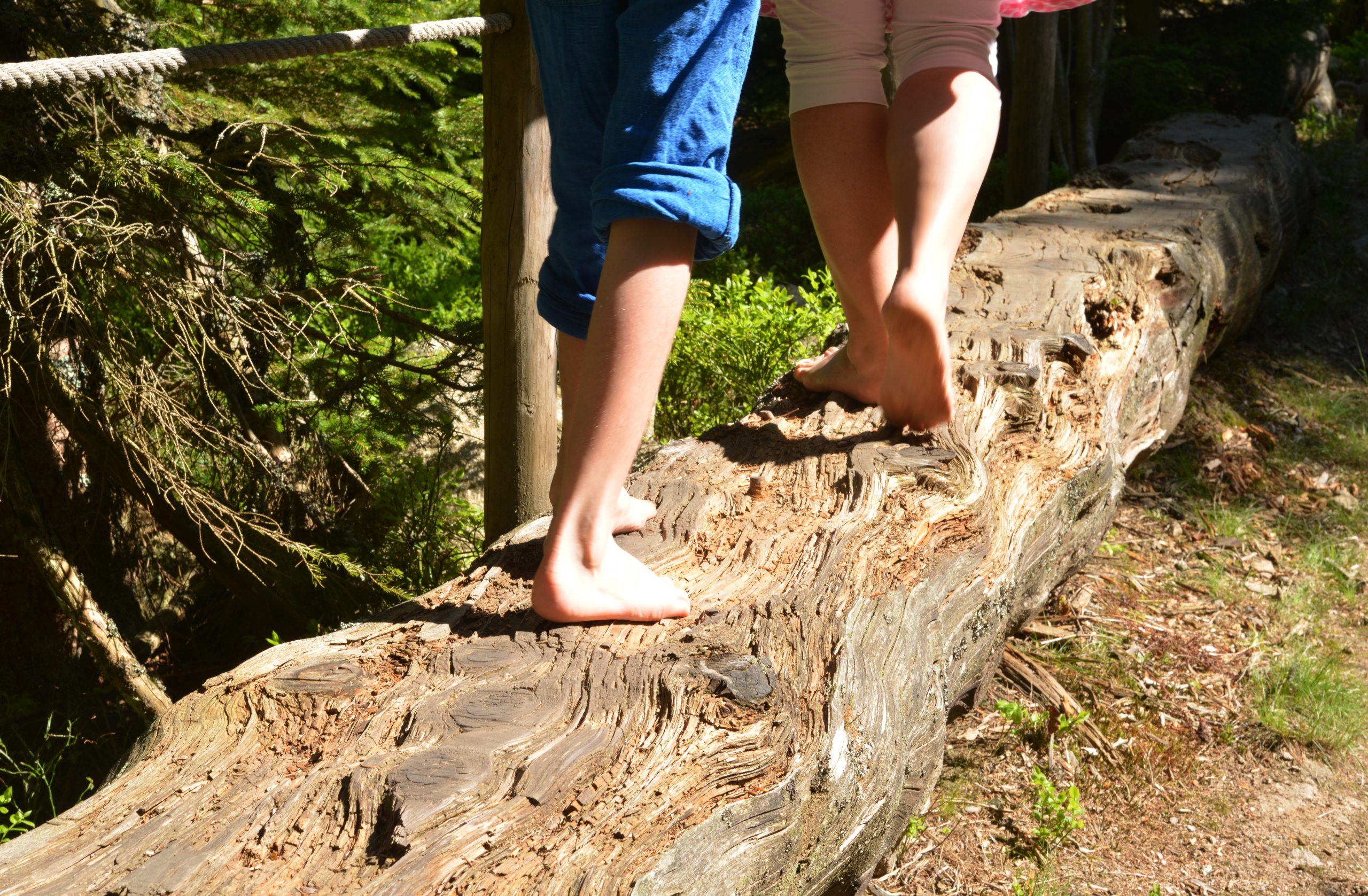Over the last decade, research has shown that unstructured free play has been rapidly declining despite the acknowledged benefits. The COVID-19 pandemic has encouraged teachers and parents to see the benefits of unstructured play when schools were closed or virtual. Instead, there is often an emphasis on resume-building and more structured play. Extracurricular activities such as clubs, sports, language lessons, or music have replaced unstructured play. Yet the research tells us that open-ended, unstructured play allows children to be more engaged, attentive, and use more complex language skills. Children who play with open-ended materials such as blocks, play-dough, or dolls are often more creative than children who play with more restrictive toys, such as a puzzle.
COVID-19 has drastically changed the way many families now perceive unstructured play. A recent survey of parents showed that over 50% of children had about two structured activities cancelled due to the pandemic. However, from these two cancellations, an average of 2.75 activities were added, most of which were outdoors and less structured, such as walking, biking, or hiking. Only 41.8% of parents felt that their children were negatively affected and 65.8% of parents felt that the families were feeling significantly less stress with less activities scheduled.
From the survey, it was estimated that children spent around 12.47 hours per week engaged in unstructured play prior to the pandemic. The number of hours went up to an average of 16.32 hours per week during quarantine. When many children went back to school in the Fall of 2020, the number of hours spent in unstructured activities remained high. Many parents also reported that the pandemic had led their children to being more creative in their play and that the time spent playing was beneficial.
The mental and emotional benefits of unstructured play are well documented. Benefits include an increase in creativity, productive risk-taking, decision-making, emotional regulation, and problem-solving. Unstructured play has also been changed by the pandemic in that many playgrounds, which are somewhat structured play, were closed. A study of teachers reported that because of a lack of play materials outside, children have been more creative in entertaining themselves outdoors. Activities included looking at clouds, paying more attention to nature, and creating games in an open field.
Socially, unstructured play allows children to communicate more authentically with their peers. Children are able to problem-solve, gain confidence, and practice social behavior. Other beneficial skills are used such as learning how to be assertive, speak up for themselves, take turns, and handle disappointment. Nonverbal cues such as body language and tone of voice are used to communicate more effectively.
While we will all certainly be glad when the pandemic is over, some changes such as an increase in unstructured play have been beneficial. Perhaps in the future we will see less restrictions and more encouragement of independent, child-directed free play.



